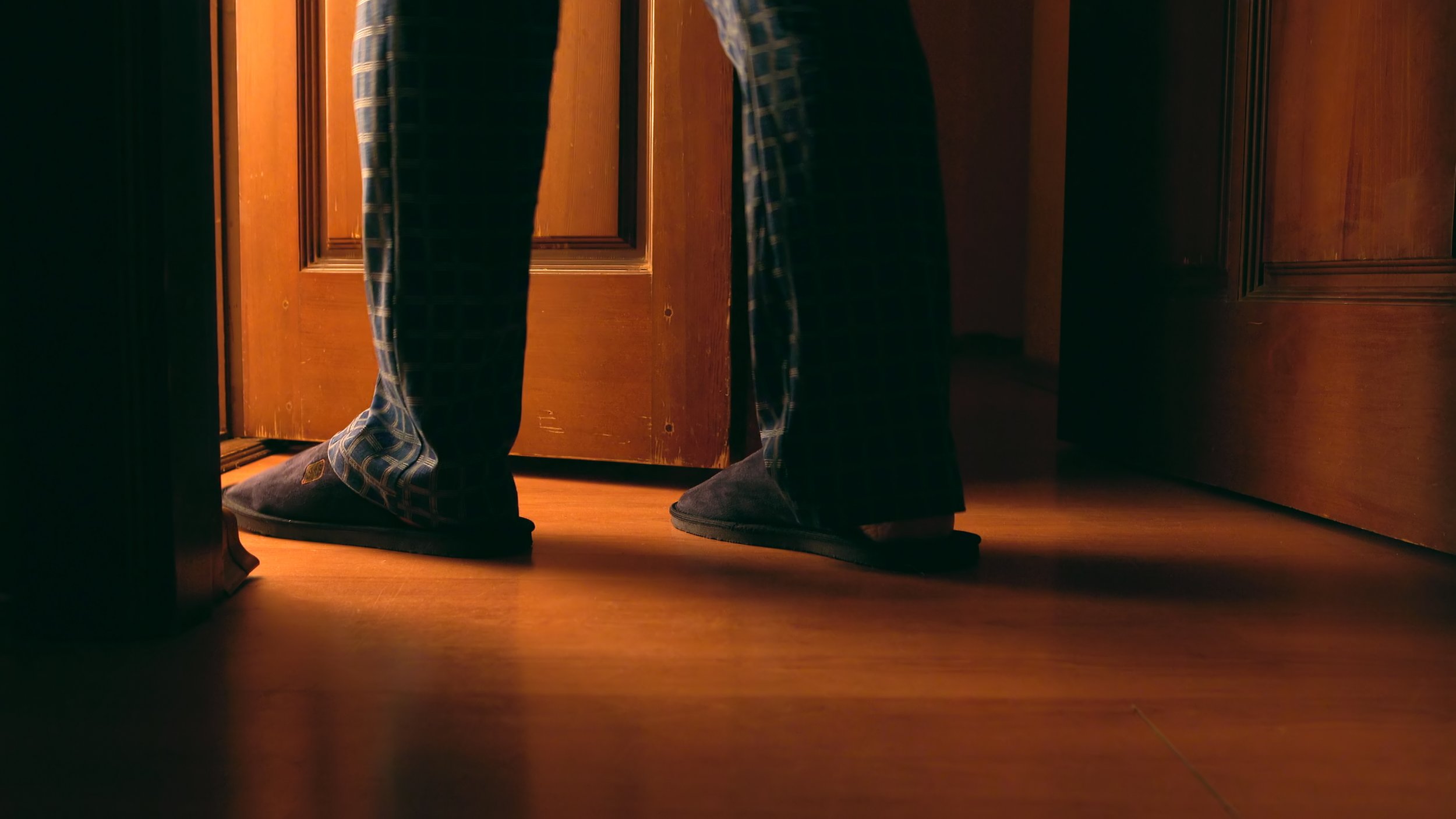
Waking up in the middle of the night with the need to pee could signal high blood pressure, scientists have found.
Japanese researchers looked into the phenomenon known as nocturia, or the need to urinate at least once a night, to understand its potential link to high blood pressure.
To investigate, the scientists enrolled 3,730 people from Watari, a town in Japan's Miyagi prefecture north of Tokyo, who had taken part in an annual health assessment in 2017.
Researchers documented the resting blood pressure level of the participants, and took samples of their blood. The subjects also filled in questionnaires asking how often they woke up at night to pee.
Those who reported nocturia were found to be 40 percent more likely to have higher blood pressure levels than those who did not, the researchers found. The findings were presented at the 83rd Annual Scientific Meeting of the Japanese Circulation Society, as part of the European Society of Cardiology Global Activities program, and have not yet been published in a peer-reviewed journal.
The team hopes the study will contribute toward our understanding of high blood pressure, which, if treated, can delay the progression of heart disease, Dr. Satoshi Konno, of the Division of Hypertension at Tohoku Rosai Hospital, Japan, told Newsweek.
The team predicted a difference in the sexes between nocturia and hypertenstion, or abnormally high blood pressure, as an enlarged prostate can cause men to pee at night.
"To our surprise, nocturia was significantly associated with hypertension in both genders: The risk of prevalent hypertension was almost the same in men and women," said Konno.
"Nocturia may be an initial sign of high blood pressure and you should check your blood pressure if you have never checked it before," he said.
A separate study on people living in Japan published in 2017 in the International Journal of Urology similarly found excessive salt intake raised the risk of nocturia.
However, this correlation could come down to the relatively high intake of salt in the average Japanese diet, Dr. Robert Carey, vice chair of the 2017 American Heart Association and the American College of Cardiology Hypertension Practice Guidelines, and a professor of medicine at the University of Virginia Health System School of Medicine, told Newsweek.
A Japanese person consumes 10 grams (0.35 ounces) of salt per day on average, compared with the global average of 4 grams per day because the Japanese diet is generally high in foods containing soy sauce, said Dr. Mutsuo Harada, press coordinator for JCS 2019.
Carey continued: "There are many causes of nocturia, among them high dietary salt/fluid intake and treatment of hypertension with diuretic therapy," he said, referring to treatments that make individuals pee.
Konno also acknowledged the study had some limitations. As it was cross-sectional, it could not conclude a causal relationship between nocturia and high blood pressure. The peeing could be caused by other factors such as age or an existing disease, he said. And the authors did not gain information on the daily salt intake of individuals.
"The study subjects participated in the health check-up on a voluntary basis, which means they tend to be health-conscious and have a healthier lifestyle than those who did not participate in the check-up," Konno pointed out.
Carey said it was important to remember high blood pressure did not usually manifest any symptoms, and individuals should not wait for them to appear to have their blood pressure checked.
"In persons with normal blood pressure, measurements should be performed routinely, at least once a year, in the physician's office irrespective of the presence of symptoms," he said.
"If blood pressure is in the elevated range, blood pressure should be measured at least every three to six months."
Uncommon Knowledge
Newsweek is committed to challenging conventional wisdom and finding connections in the search for common ground.
Newsweek is committed to challenging conventional wisdom and finding connections in the search for common ground.
About the writer
Kashmira Gander is Deputy Science Editor at Newsweek. Her interests include health, gender, LGBTQIA+ issues, human rights, subcultures, music, and lifestyle. Her ... Read more
To read how Newsweek uses AI as a newsroom tool, Click here.








